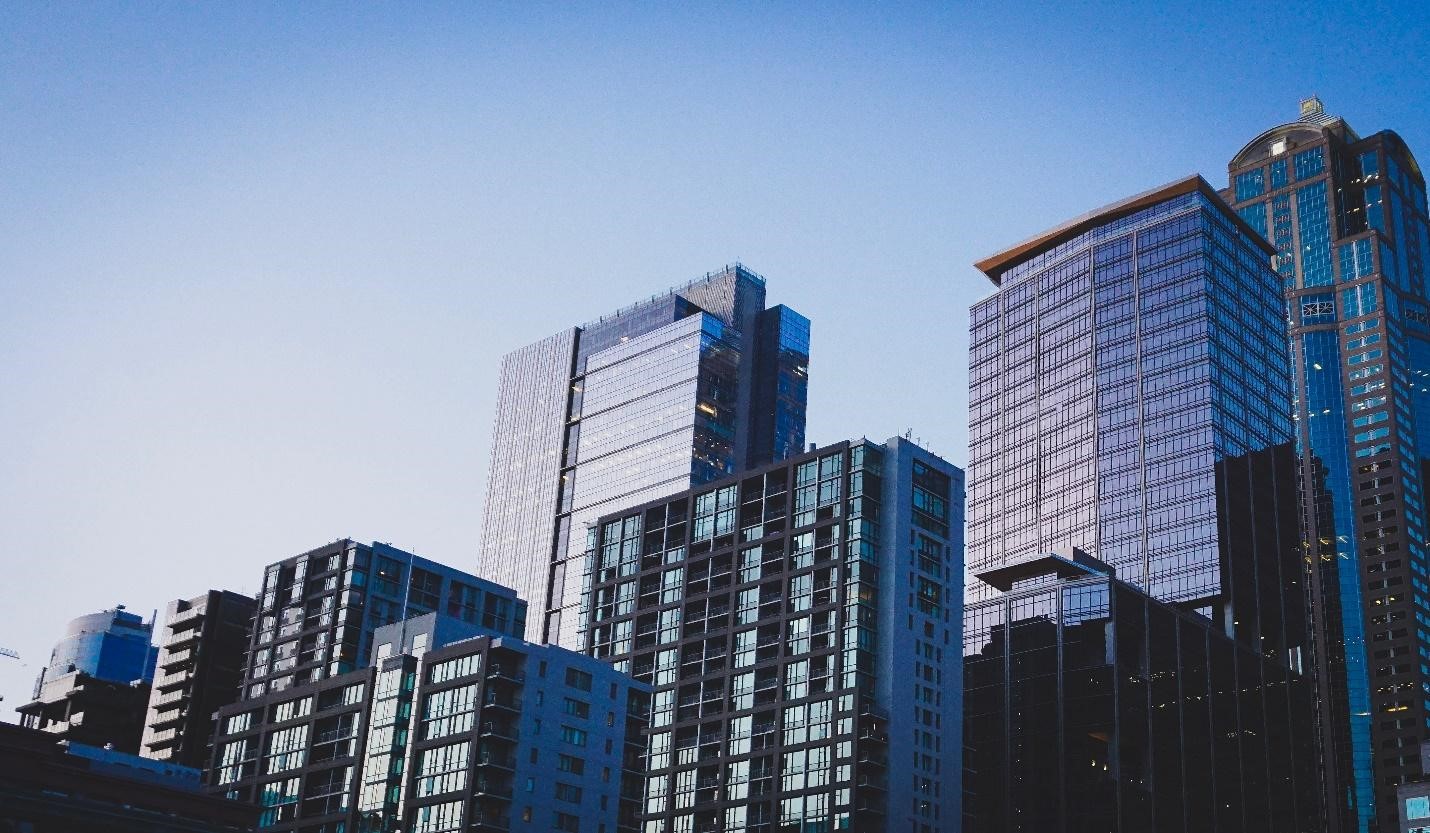In the tapestry of Zambia’s economic growth and urbanization, the role of real estate is indispensable. From providing shelter for the burgeoning population to fueling commercial activities, the real estate sector stands as a linchpin for the nation’s progress. This article delves into the dynamics of Zambia’s real estate market, encompassing residential rentals, commercial property investments, and the evolving landscape of property development in the country.
Residential Rentals: Market Trends and Investment Opportunities:
Zambia’s rapid urbanization and economic expansion have fueled a notable housing demand, notably in urban centers such as Lusaka, Ndola, and Kitwe. The residential rental sector caters to a broad spectrum of residents, spanning low to middle-income earners, expatriates, and diplomats. Although the high-end property segment may experience a downturn, the middle market demonstrates resilience, with monthly rentals ranging from US$500 to US$1,000. The lower middle market, offering rentals between US$250 to US$500 per month, presents appealing investment opportunities, contributing significantly to economic growth. This segment not only meets the housing needs of a substantial portion of the population but also serves as a key driver of investment activity in Zambia’s real estate sector, bolstering its overall economic landscape.
Newly-Built Luxury Complex: Modern Living Spaces in Roma:
Roma, an up-and-coming neighborhood in Lusaka, has recently seen the emergence of modern apartment complexes, conveniently situated near essential amenities. These newly developed apartments boast premium finishes, ensuring both comfort and luxury for residents. The complex offers a range of accommodation options, including three-bedroom apartments complete with private swimming pools and barbecue areas, as well as one-bedroom units. With rental prices spanning from US$1,300 to US$2,800, the complex caters to diverse preferences and lifestyles, making it an attractive choice for individuals seeking upscale living experiences in the vibrant urban landscape of Lusaka.
Commercial Property Market: Evolution and Growth:
The commercial property market in Zambia has undergone significant transformation, transitioning from CBD-centric developments to purpose-built office spaces in suburban areas. The rapid economic growth and increased demand for office space led to a shift from residential conversions to purpose-built offices. Rental rates have decreased from US$25 to US$15 per square meter, while selling rates have remained stable. The market’s growth trajectory underscores the country’s economic vibrancy and the evolving dynamics of commercial real estate.
Conclusion:
Zambia’s real estate sector reflects a dynamic landscape characterized by diverse residential rentals, luxury developments, and evolving commercial property investments. The market’s resilience, coupled with the country’s economic growth and urbanization trends, positions Zambia as an attractive destination for real estate investors. As the sector continues to evolve, leveraging opportunities in residential and commercial properties will be key to driving growth, fostering economic development, and meeting the evolving needs of Zambia’s population.



